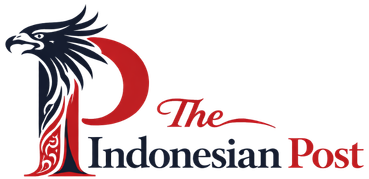Indonesia and Russia Target Expanded Cooperation in Science and Education
Jakarta, Indonesianpost.com – Retrieved from Antara, Indonesia and Russia are exploring opportunities to deepen their bilateral cooperation, particularly in the fields of higher education, science, and technology.
Indonesian Minister of Higher Education, Science, and Technology Brian Yuliarto expressed optimism about strengthening collaboration between universities and research institutions in both countries.
Speaking during a meeting with Russian Ambassador to Indonesia Sergei Tolchenov on Monday, May 26, Yuliarto emphasized the importance of immediate collaboration programs, particularly through a forum of rectors. He explained that this forum would serve as a platform to drive cooperation in areas such as research, professor exchanges, and doctoral student mobility between the two nations.
Read Also: Indonesia, China Strengthen Tourism Ties to Boost Traveler Numbers
“President Prabowo Subianto has been at the forefront of efforts to ensure that advancements in research, science, and technology translate into tangible benefits for the public,” Yuliarto said. “Our focus is on priority sectors, including food security, sustainable energy, clean water access, industrial downstreaming, defense technology, and semiconductors. We hope these will be the pillars of Indonesia-Russia collaboration in addressing global challenges.”
The minister also proposed that both countries facilitate joint degree programs for doctoral students, believing that this collaboration would accelerate human capital development and foster the creation of innovative and beneficial technologies.
Ambassador Tolchenov shared his enthusiasm about the growing number of Indonesian students applying for public scholarships in Russia. He assured Yuliarto that Russia is fully committed to facilitating further discussions and cooperation with Indonesia.
Currently, Indonesia and Russia are collaborating on various initiatives, such as student exchanges, professor visits, joint seminars, scientific conferences, research projects, and the co-development of curricula and academic programs. (BL)


